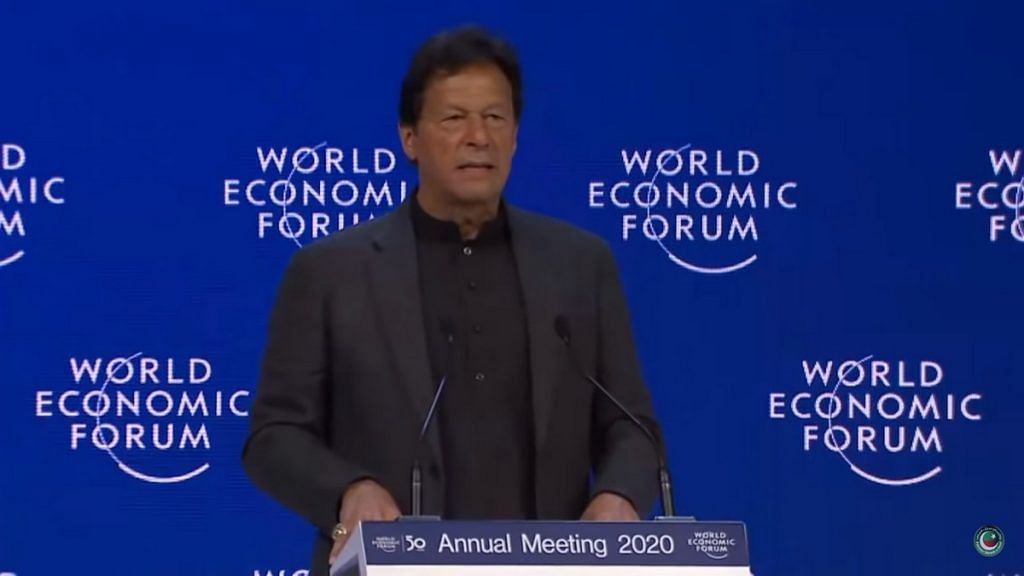New Delhi: When Pakistan Prime Minister Imran Khan came to power, he was seen as the Pakistan Army’s chosen man, but today the Army has tightened its grip across many of the government’s important positions, ThePrint’s Editor-in-Chief Shekhar Gupta said in episode 494 of Cut The Clutter.
The Pakistani Army is moving several of its serving and recently-retired officers into key civilian positions in Imran Khan’s government.
However, there is no reason for the Army to feel insecure — since Khan is their selected prime minister. Unlike former prime ministers Benazir Bhutto and Nawaz Sharif, there has been no indication at all on Khan’s part, to defy the army.
And yet the ostensible irritation of the Pakistani Army is due to something called the 18th amendment, Gupta said.
The amendment stands in the way of the military getting more resources, as Ayesha Siddiqa, research assistant at SOAS University in London, points out in her article for ThePrint.
Army wants to remove 18th Amendment
Retired lieutenant general of the Pakistan Army, Asim Bajwa, who was notorious in his time as the spokesperson of the Pakistan’s Inter-Services Public Relations (ISPR), is now the communication advisor to the Prime Minister.
This in itself is a very powerful position. Moreover, he has also been made in charge of the $60 billion investment project, the Chinese-sponsored Belt and Road Initiative.
The 18th amendment to the Constitution is something that was passed in 2010 under Asif Ali Zardari’s Pakistan People’s Party (PPP) government, and that amendment curtailed the powers of the president as well as the central government as a whole.
Instead, it devolved more powers to the states, including a better allocation of financial resources to the states.
The Army is now eyeing revocation of the 18th Amendment to the Constitution, and Siddiqa writes that Bajwa will be just the man to manage opinion as the amendment is gotten rid of.
Key positions occupied by retired Army personnel
Other key positions in the bureaucracy are also held by retired soldiers in the country. The Pakistan International Airlines (PIA) chief is a soldier, Pakistan’s power regulator is a general too. Moreover, the country’s National Institute of Health head is a general as well. This is important as it is Pakistan’s NIH which is leading Pakistan’s pandemic response — just as ICMR is leading India’s response to the pandemic.
In fact, Pakistan’s lockdown was declared not by its Prime Minister, but by the Army and its generals. Most of the country’s press conferences at the time were also chaired by the country’s army members, according to a report in Bloomberg.
Twelve of former Pakistani military dictator General Pervez Musharaff’s loyalists are in Khan’s cabinet as well. He is virtually surrounded by the country’s army men. This includes Interior Minister Ijaz Shah and Abdul Hafeez Shaikh, his finance adviser.
Imran Khan was seen as a government elected with the Army’s blessings — not only elected but also put together by the Army’s blessings because his coalition did not get enough seats in the Parliament. So, it was through defections, arm twisting, and allurement of so many smaller parties that his majority was put together.
One would imagine such a government would run fairly smoothly. However, Khan is now turning out to be probably the weakest prime minister since 1989.
Watch the latest episode of CTC here:
